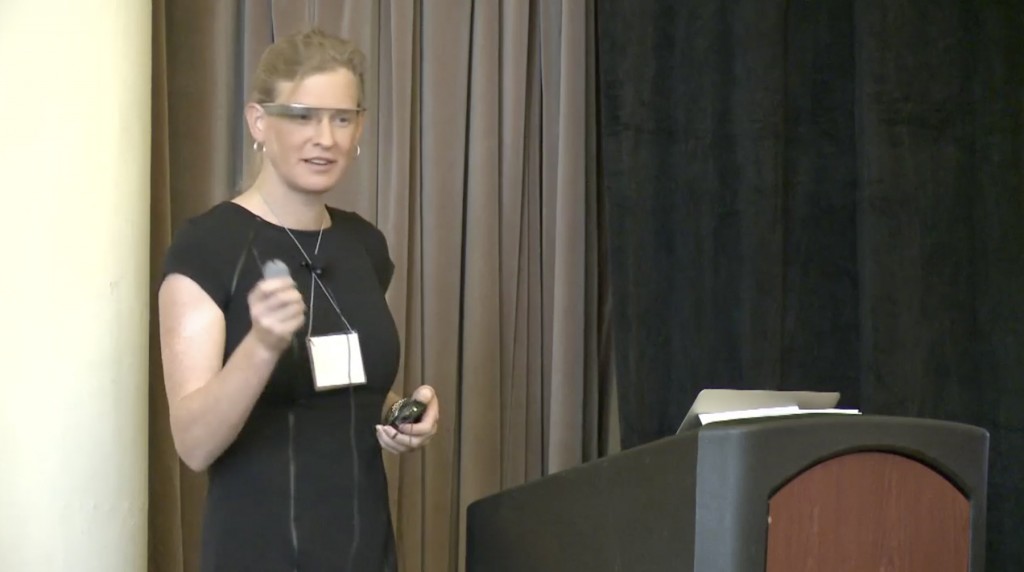Vivienne Ming: Tracking My Son's Diabetes
Erica Tanamachi
August 10, 2018
Vivienne Ming is an accomplished neuroscientist and an entrepreneur, however this project is not about her kick-ass professional work, instead, it’s deeply personal about how she manages her son’s diabetes. Vivienne presented her project, Tracking My Son’s Diabetes at the 2013 QS Global Conference.
When Vivienne’s not conducting research or working on new ideas she’s busy taking care of her son, Felix. Two years prior Felix was diagnosed with Type 1 Diabetes. Vivienne and her partner tackled his diagnosis head on and started tracking everything they could. In this talk, Vivienne learns through tracking her son’s heart rate and blood sugar constantly that stress is a factor of his blood sugar level peaks. She explains what they’re learning together about tracking her son’s diabetes.
We hope you can join us to share your learnings from a project, or simply be inspired at this year’s Quantified Self 2018 Conference in Portland on September 22-23. Register here.



